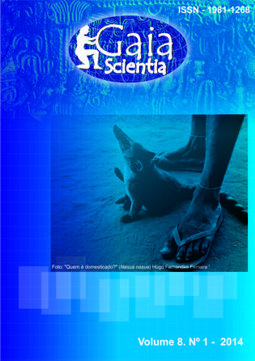The Crisis in Food Production and Brazilian Environmental Policy: A Multidisciplinary Approach
Abstract
The cause of food insecurity in Brazil, is not only justified by the low global availability of food, but because of the unequal distribution of wealth and the lack of public policies that promote the production and access to food. Food security is included in the list of human rights to adequate food, which guarantees every human being access, availability and consumption of food. In Brazil this right is provided for in Article 6 of the Federal Constitution of 1988. It also provides for the need to protect the environment in line with sustainable development, resulting from the guarantee of harmonious coexistence between men and the environment that surrounds them, being necessary for this, elements that promote social and economic justice, besides the respect to the environmental and cultural issues. Food production, poverty eradication, the distribution of foodstuffs and environmental sustainability depends on balance and interaction between man and nature, of citizenship through the participation of the politically organized society in the search for solutions to social and environmental conflicts, which safeguard the environment for this and future generations.Downloads
Download data is not yet available.
Downloads
How to Cite
AMARAL ROLIM, N. P. F.; ILDA ANTONIETA SALATA TOSCANO, J. de A. G.; ALICIA FERREIRA GONÇALVES, G. D. F. The Crisis in Food Production and Brazilian Environmental Policy: A Multidisciplinary Approach. Gaia Scientia, [S. l.], v. 8, n. 1, 2014. Disponível em: https://periodicos.ufpb.br/index.php/gaia/article/view/18184. Acesso em: 19 dec. 2024.
Issue
Section
Ciências Ambientais










